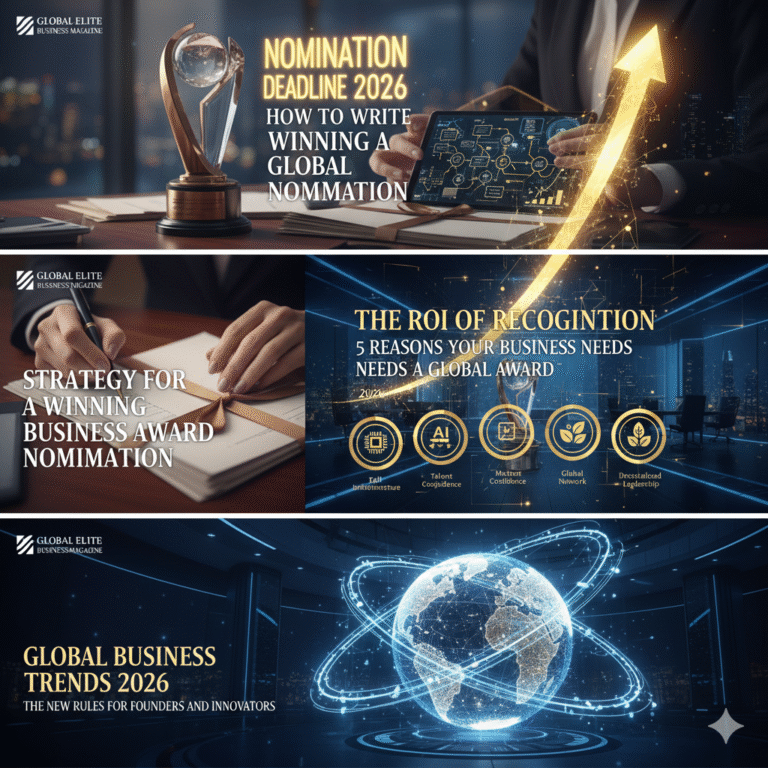
For more than two decades, Google has reigned as the undisputed gateway to the internet. But in 2025, a new contender is reshaping the way we find knowledge. Perplexity AI, a conversational answer engine, is rapidly gaining attention with its bold claims, exponential growth, and even a $34.5 billion bid to acquire Google Chrome. Could this be the company to redefine the future of search?
What Is Perplexity AI?
Founded in 2022 by Aravind Srinivas, Denis Yarats, Johnny Ho, and Andy Konwinski, Perplexity AI is headquartered in San Francisco Wikipedia, 2025. Unlike traditional search engines that serve up long lists of links, Perplexity blends large language models (LLMs) with real-time web search to deliver direct answers supported by citations.
Its conversational interface allows users to refine queries naturally, building context across multiple follow-up questions DigitalOcean, 2025. Every response comes with inline source references, enabling quick fact-checking.
Exponential Growth
Perplexity’s growth has been nothing short of meteoric:
- Valuation: From $520 million in early 2024 to $18 billion by July 2025, with its latest funding round seeking a $20 billion valuation Business Insider, 2025.
- Revenue: Annual recurring revenue has surged from $35 million in 2024 to over $150 million by mid-2025 Business Insider, 2025.
- Users: By mid-2025, the platform handles 780 million queries monthly from around 30 million active users The Times, 2025.
Strategic Moves
Perplexity has made a series of bold moves to expand beyond being just a search tool:
- $34.5 Billion Chrome Bid
In August 2025, Perplexity stunned the tech world with an all-cash offer to acquire Google Chrome, aiming to integrate its AI engine into the world’s most widely used browser The Times, 2025. - Product Innovation
- Comet Browser – An AI-native browser embedding Perplexity’s search engine for seamless knowledge discovery Wikipedia, 2025.
- Shopping Hub – Launched in late 2024, it combines AI-powered product discovery with one-click checkout Wikipedia, 2025.
- Perplexity Assistant – A mobile app offering multimodal capabilities, including scheduling, file search, and camera-based queries Wikipedia, 2025.
Why It Stands Out
- Conversational Search – Users interact in natural dialogue, unlike keyword-based search.
- Transparent Answers – Every response cites its sources, improving accountability.
- Real-Time Updates – Unlike static knowledge models, Perplexity integrates live data from the web.
- Premium Flexibility – Perplexity Pro offers access to advanced AI models like GPT-4.1 and Claude 4.0 Wikipedia, 2025.
- Research Tools – Features such as Spaces allow users to organize threads and findings Lifewire, 2025.
Challenges Ahead
Despite its strengths, Perplexity faces serious obstacles:
- Accuracy Issues: Like all LLMs, it sometimes “hallucinates” false or misleading information Wikipedia, 2025.
- Legal Scrutiny: Publishers including the BBC, Dow Jones, and The New York Times accuse Perplexity of unauthorized content scraping. Cloudflare has also alleged “stealth crawling”—claims Perplexity denies Wikipedia, 2025.
- Competitive Landscape: While strong in research, Perplexity struggles in areas like maps, bookings, and transactional search where Google still dominates Tom’s Guide, 2025.
- Cost Barrier: The free tier is limited, while Pro subscriptions may be expensive for some users Collabnix, 2025.
The Road Ahead
With audacious ambitions, rapid adoption, and aggressive product launches, Perplexity is clearly positioning itself as the first true AI-native alternative to Google Search.
Its future depends on addressing trust and legal issues, scaling infrastructure to handle billions of queries, and expanding usability into broader categories like commerce, travel, and enterprise tools.
If it succeeds, Perplexity could usher in a new era where search engines don’t just retrieve information—they understand, summarize, and deliver actionable insights.







